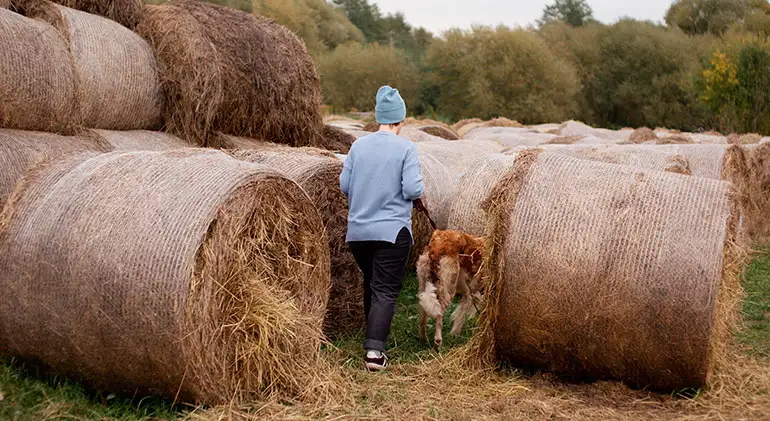Bringing Food Production Back To Cities
With 60% of the world’s population set to be dwelling in cities within the next decade, it is time to ask ourselves how we can rethink our food systems on a structural level to best serve these urban communities. Meiny Prins of Agro Fidelity shares her expert opinion on why we need to localize, and specifically urbanize, our food systems in order to adapt to the changing needs of our communities and of our planet.






